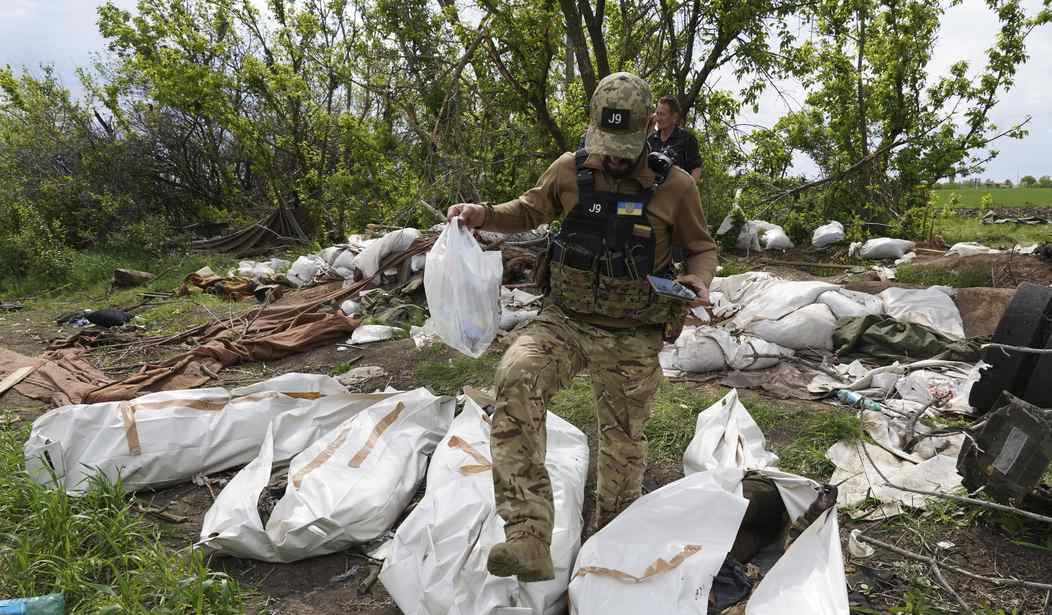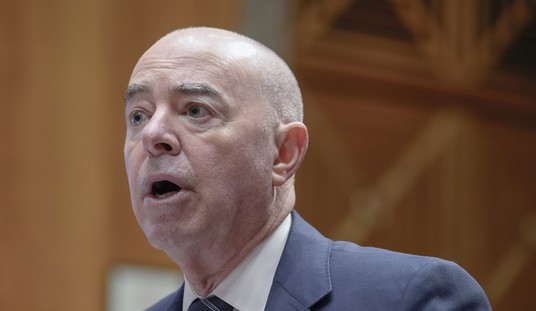The notorious Russian winter — “General Frost,” the soldiers call it — is making an entrance in Ukraine, and its effect on the war with Russia is unguessable.
Napoleon Bonaparte’s Grande Armee disintegrated during the retreat from Moscow in the brutal Russian winter of 1812. Napoleon had planned to winter his army in Moscow, but Russian patriots had stripped the city bare of anything useful and set fire to the rest. After a painfully slow and agonizing withdrawal, he arrived in Paris on December 8, having lost two-thirds of his 600,000-man army.
Hitler lost even more men that first winter in Russia. “Operation Barbarossa” sent 3.2 million men along an 1800-mile front to attack the Soviet Union. The invasion was critically delayed by five weeks while Hitler took his revenge on Yugoslavia and Greece for defying him. It wasn’t until June 22, 1941, that the Wehrmacht stepped off. By the time their frozen tanks ground to a halt a few miles from Moscow, some 750,000 men were dead, wounded, or missing.
It’s not likely that either of those two scenarios will play out in modern Ukraine. But the Russian army’s low morale, resupply difficulties, and poor leadership could affect any planning underway for the Russians to regain some lost territory.
Or might Russian President Vladimir Putin surprise us all and open negotiations?
Franz-Stefan Gady, a military analyst at the International Institute for Strategic Studies, who recently returned from a research trip to Ukraine, told Grid, “We already have seen a slowdown in offensive operations by both sides. Both sides are exhausted. However, the front line still remains dynamic as both sides are trying to establish themselves in more advantageous tactical positions for the coming winter months.”
They may be exhausted, but Ukrainian forces have given little indication that they intend to take their foot off the gas. Gady said that depending on weather and supply conditions, we could see an offensive against the Russian-occupied city of Melitopol, about 230 kilometers east of Kherson, in the coming weeks or months.
In winter months, the defense is heavily favored, given that any war of movement would require reasonably decent roads. Getting mired in mud and muck — as Russia found itself last February — would make their armor sitting ducks for Ukraine’s HIMARS rocket systems or advanced U.S.-supplied artillery.
But the Russian resupply system may be so bad that something as basic as winter clothing may be lacking.
And for all the Russian military’s much vaunted historical success fighting in the cold — see any history of the horrific Battle of Stalingrad — social media reports indicate that its newly mobilized troops are facing shortages of basic items like boots, sleeping bags and tents. The Ukrainian military, meanwhile, has been stocking up for the winter, including a recent aid package from Canada that includes $15 million worth of winter clothing. For all the billion-dollar weapons shipments that have poured in, Ukrainian soldiers may appreciate the Canadian gift as much as any.
You would think, with their history of invading armies freezing their tails off during the Russian winter, that Putin’s priorities should have included warm clothing to give the Russian army the advantage.
Ukraine may want to continue its offensive operations, but striking out from Kherson has its own special set of difficulties. They must contend with the Dnieper River and Russia’s occupation of the eastern bank, where they’ve been digging in. This is the kind of hard, slogging fight that Ukraine can’t really afford, given that a war of attrition favors Moscow.
But Ukraine certainly doesn’t want to lose any momentum. They may very well want to continue the offensive, no matter the cost.
After all, they’re winning.










Join the conversation as a VIP Member